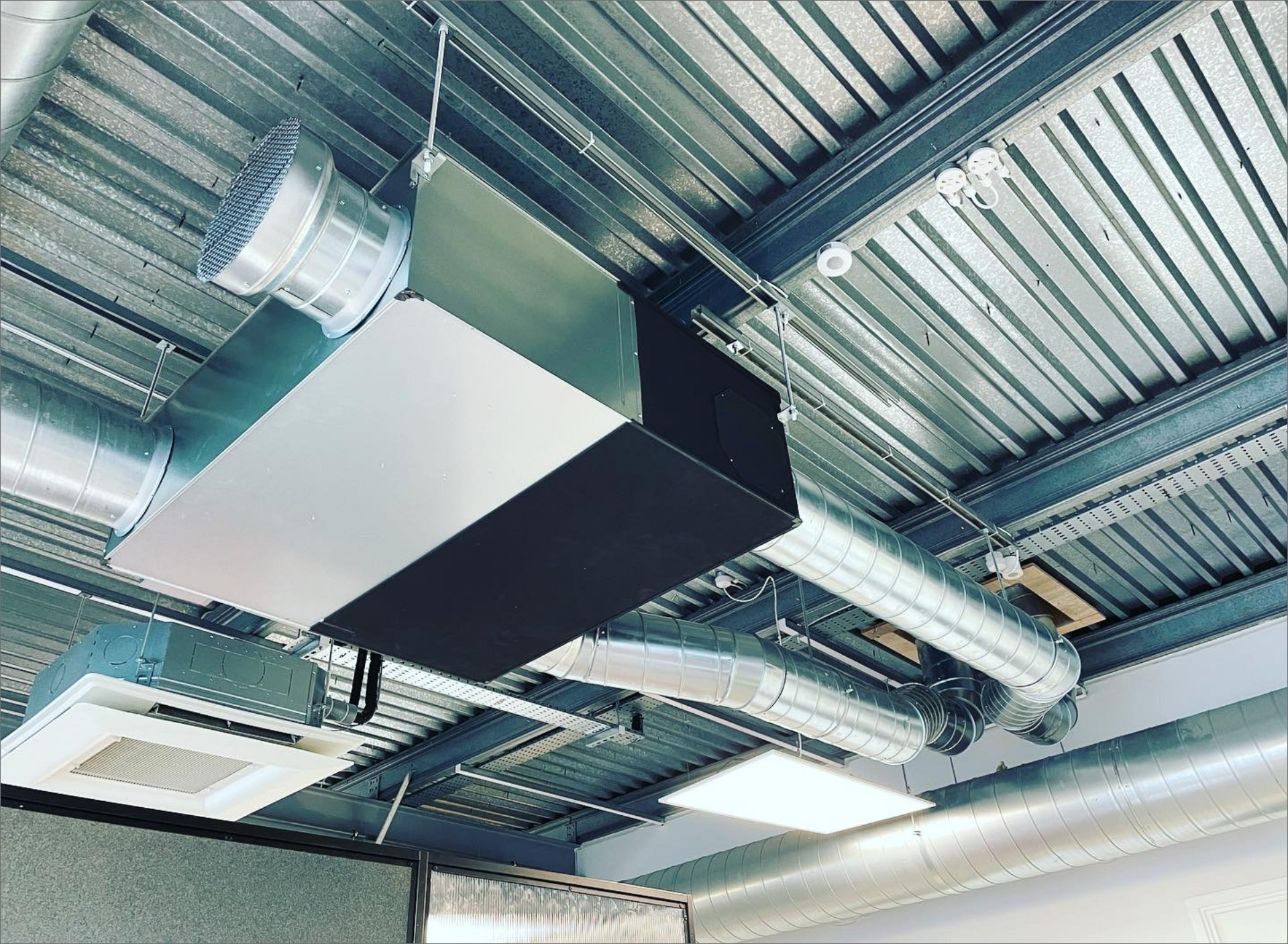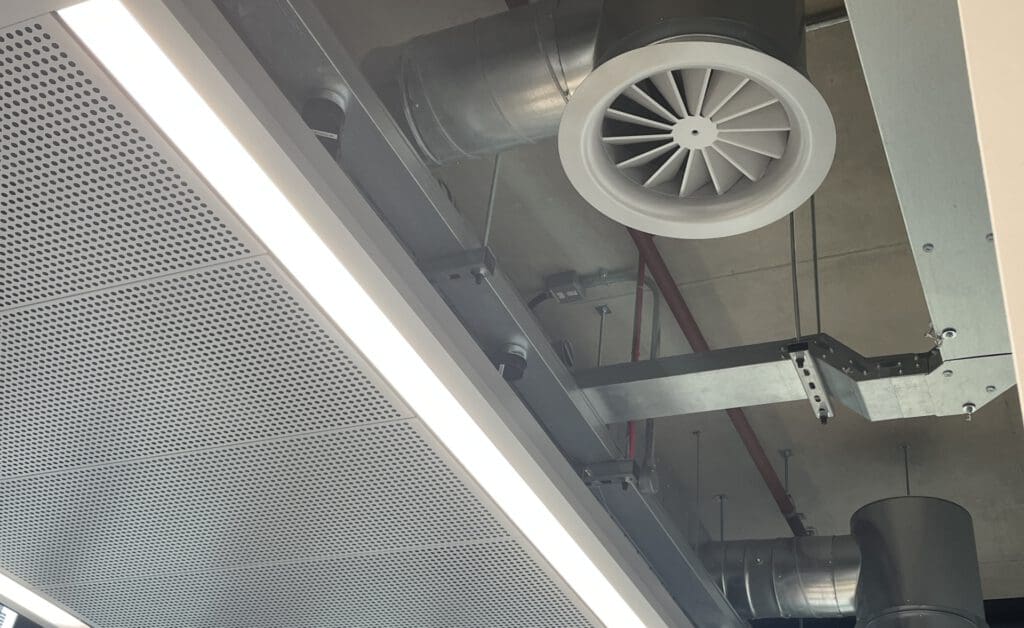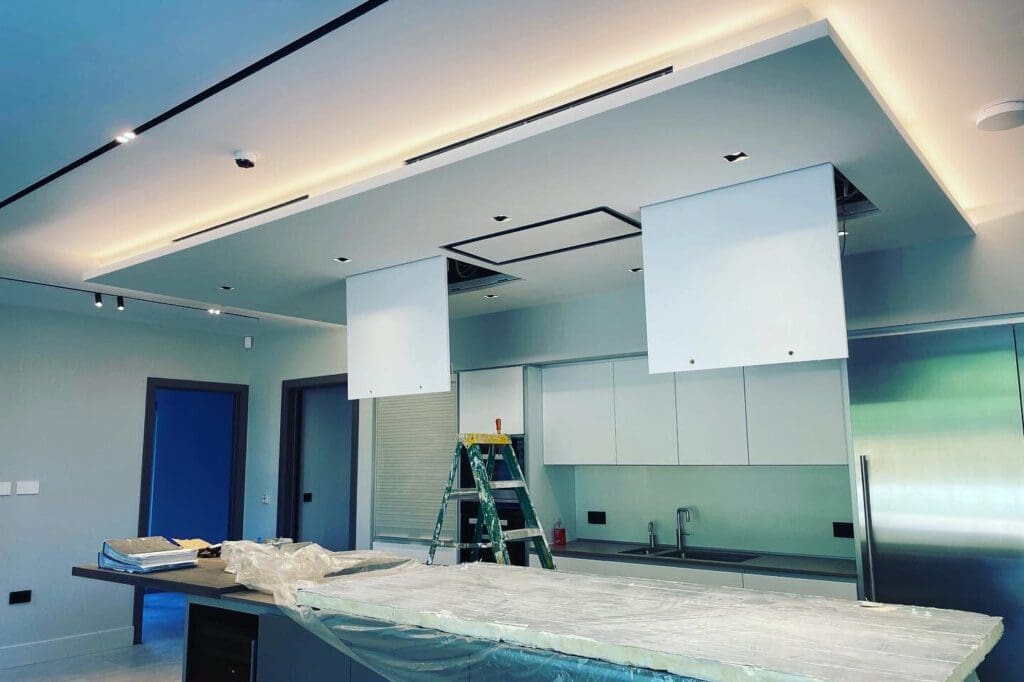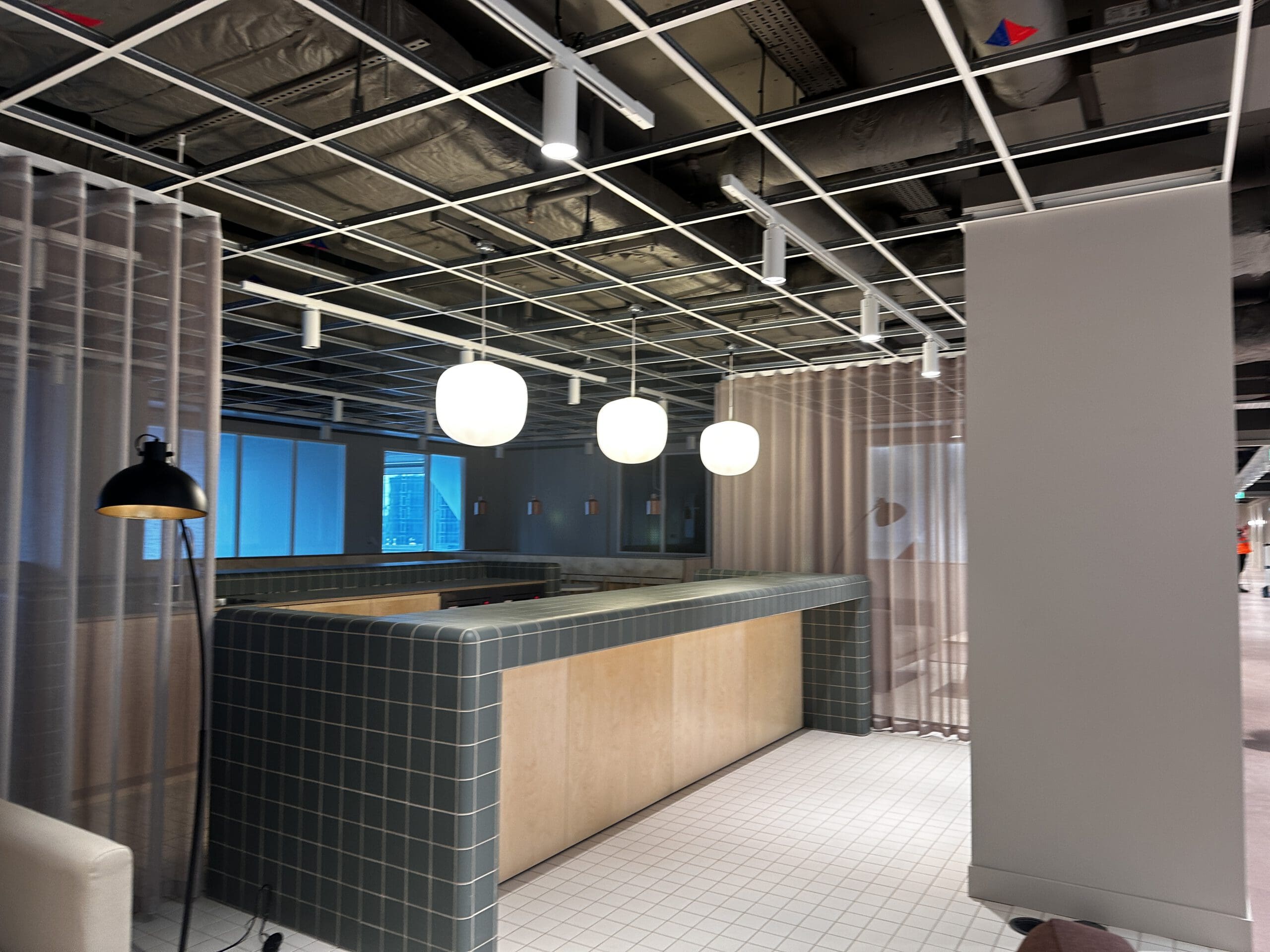
Servicing Air Conditioning
Regular AC maintenance is crucial for efficiency, longevity, and air quality. It helps prevent breakdowns, ensures comfort, and keeps warranties valid, making your cooling system more reliable and cost-effective.

Servicing Air Conditioning
Servicing your air conditioning system is essential for several reasons:
1
Improved Efficiency
Regular maintenance helps your AC run more efficiently, lowering energy costs and improving performance.
2
Extended Lifespan
Routine servicing can prolong the life of your air conditioning unit, saving you the cost of premature replacement.
3
Better Air Quality
Cleaning and replacing filters ensures that the air circulating in your home is cleaner and healthier.
4
Prevent Breakdowns
Regular check-ups can identify potential problems early, reducing the chance of unexpected breakdowns.
5
Comfort Levels
A well-serviced AC system maintains consistent temperature and humidity levels, improving overall comfort.
6
Warranty Compliance
Many manufacturers require regular maintenance to keep warranties valid.
Ventilation system – the Benefits
A ventilation system provides several important benefits
By integrating a good ventilation system, you promote not only comfort but also overall well-being in your living or working environment.
1
Improved Air Quality
It helps remove pollutants, allergens, and dust, leading to healthier indoor air.
2
Humidity Control
Ventilation systems can regulate humidity levels, preventing mold growth and excess moisture.
3
Temperature Regulation
They help maintain a comfortable temperature, reducing the need for heating and cooling systems
4
Odor Elimination
Ventilation helps eliminate unpleasant odors from cooking, pets, or mold.
5
Energy Efficiency
Modern systems can improve energy efficiency by facilitating proper airflow, enhancing heating and cooling system performance.
6
Health Benefits
Proper ventilation can reduce the risk of respiratory diseases and allergies by ensuring a constant supply of fresh air.
7
Safety
It helps remove harmful gases, like carbon monoxide, from spaces where appliances are used.
8
Enhanced Comfort
A well-ventilated space feels more comfortable, as it prevents stagnation and maintains air circulation.

Types of Ventilation
The Ventilation Services We Provide
Ventilation systems are crucial for maintaining good air quality and thermal comfort in indoor environments, with mechanical ventilation being one of the main types. Mechanical ventilation relies on fans and other mechanical systems to circulate air effectively. Types include:
- Exhaust Ventilation: Removes indoor air, creating a negative pressure that pulls in outside air. Common in bathrooms and kitchens.
- Supply Ventilation: Delivers fresh air into a space while exhausting some of the stale indoor air.
- Balanced Ventilation: Both supply and exhaust fans operate simultaneously to maintain air balance, used in systems like HRVs (Heat Recovery Ventilators).
- Hybrid Ventilation: Combines natural and mechanical systems to optimize energy efficiency and air quality depending on outdoor conditions.
- Dedicated Outdoor Air Systems (DOAS): Provides conditioned outdoor air separately from the heating or cooling of the indoor space, often used alongside other HVAC systems.
- Demand-Controlled Ventilation: Adjusts ventilation rates based on occupancy levels or air quality measurements, ensuring efficient use of energy.
Each system has its own benefits and applications based on the space’s needs and environmental conditions.
Heat Recovery Systems
What is a Heat Recovery system and what does it do?
MVHR stands for Mechanical Ventilation with Heat Recovery. It’s an energy-efficient system designed to provide fresh air into buildings while simultaneously recovering heat from the outgoing stale air. This process helps to maintain indoor air quality and comfort, reduce energy consumption, and minimize heating costs.
The system works by using a heat exchanger that transfers heat from the outgoing air to the incoming fresh air, warming it up before it enters the living space. MVHR systems are often used in well-insulated buildings where natural ventilation might not be sufficient.
MVHR, or Mechanical Ventilation with Heat Recovery, offers several benefits:
1
Energy Efficiency
MVHR systems transfer heat from outgoing stale air to incoming fresh air, reducing heating costs.
2
Improved Indoor Air Quality
Regularly replacing stale air with fresh air helps reduce pollutants, allergens, and odors.
3
Consistent Temperature Control
Provides balanced air distribution, maintaining consistent indoor temperatures.
4
Moisture Control
Helps prevent condensation and mold growth by managing humidity levels.
5
Noise Reduction
Operates quietly compared to opening windows for ventilation, reducing outside noise infiltration.
6
Comfort
Enhances overall comfort levels in the home by providing fresh, filtered air year-round.
7
Environmental Impact
Reduces energy consumption and carbon footprint, contributing to a more sustainable living environment.

The Conclusion
Overall, MVHR systems are beneficial for both energy efficiency and indoor comfort.
